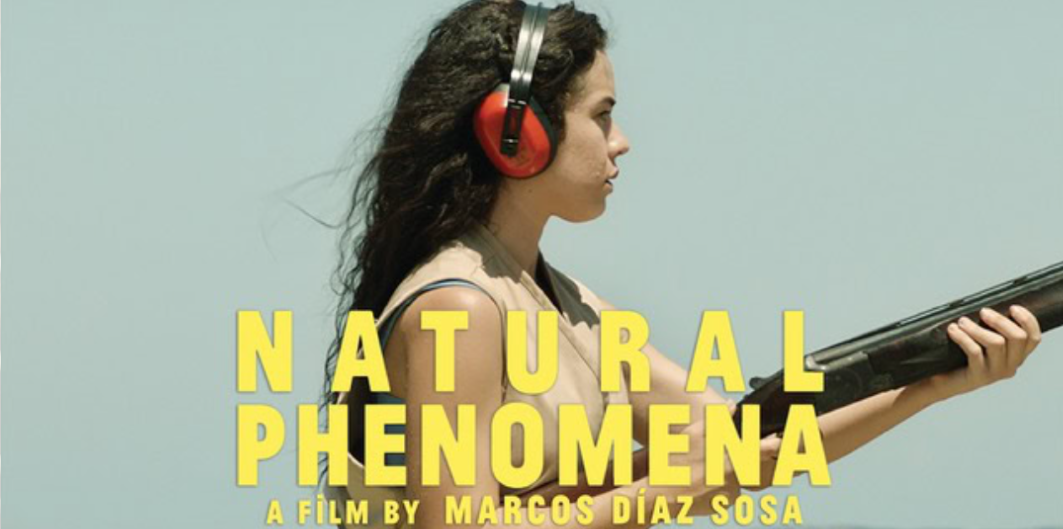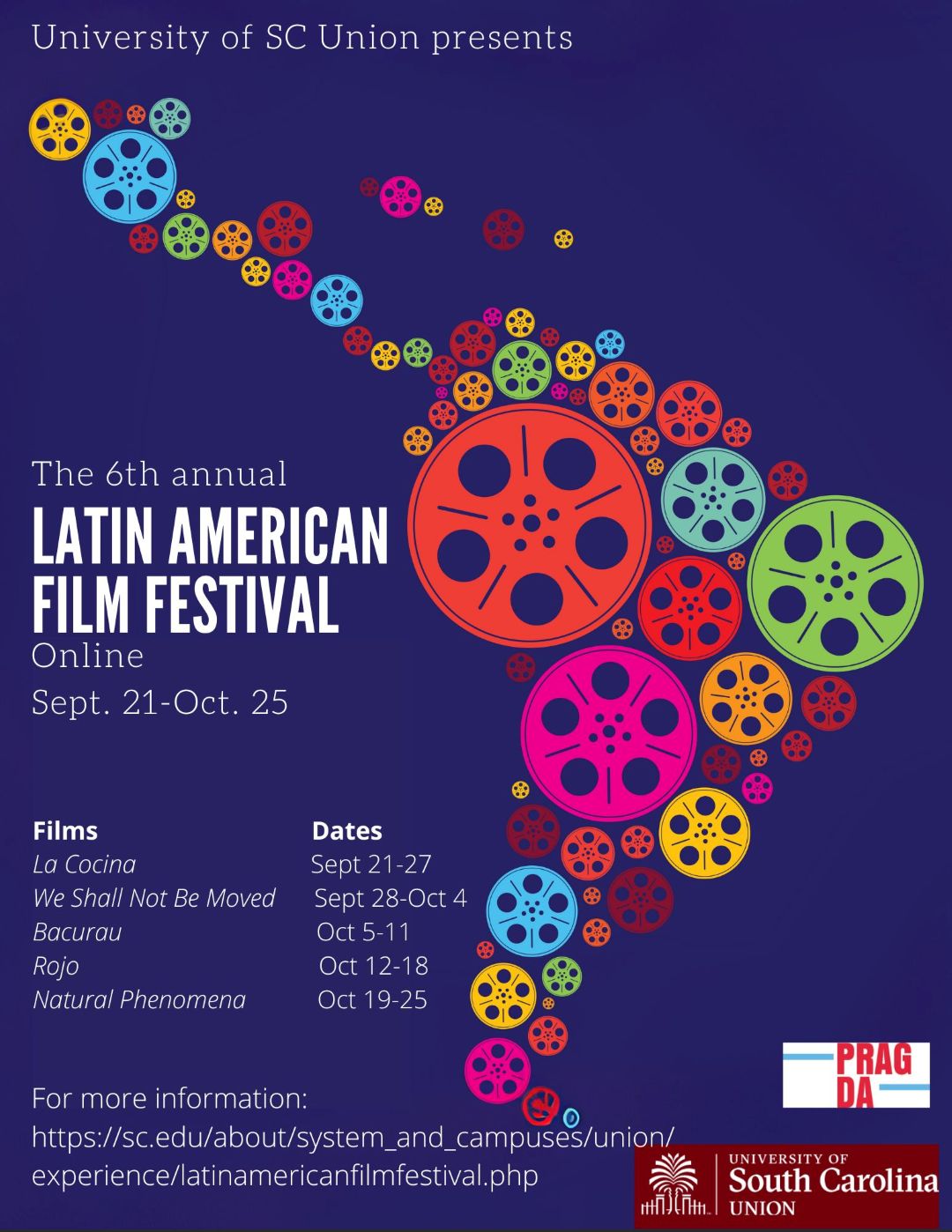La Cocina
“Set in the chaotic kitchen of a bustling Times Square restaurant, La Cocina by Alonso Ruizpalacios is a gripping exploration of migration, power dynamics, and the pursuit of the American dream. Pedro is a fiery and charismatic undocumented Mexican cook who struggles to navigate the pressures of his precarious existence. Torn between his dreams of legal status and his volatile reality, Pedro faces mounting tensions when he becomes the prime suspect in a theft investigation. His relationship with Julia, an American waitress grappling with her own personal conflicts, further complicates his journey as their lives collide in moments of passion, betrayal, and revelation. Through a mix of dark humor and poignant drama, La Cocina delves into the invisible lives of immigrant workers who keep the city running while enduring systemic exploitation. The film’s rich ensemble cast and surrealist touches transform the kitchen into a microcosm of societal divides, where every interaction reflects broader struggles of identity, class, and survival.”
Rated R for nudity, language, and sexual content. Viewer Discretion is Advised.
Please join Dr. Andrew Pisano on Sept. 24th from 12:15- 12:55 in the Community Room for a discussion of the film. You can also join online by navigating to:
La Cocina Discussion Session | Meeting-Join | Microsoft Teams
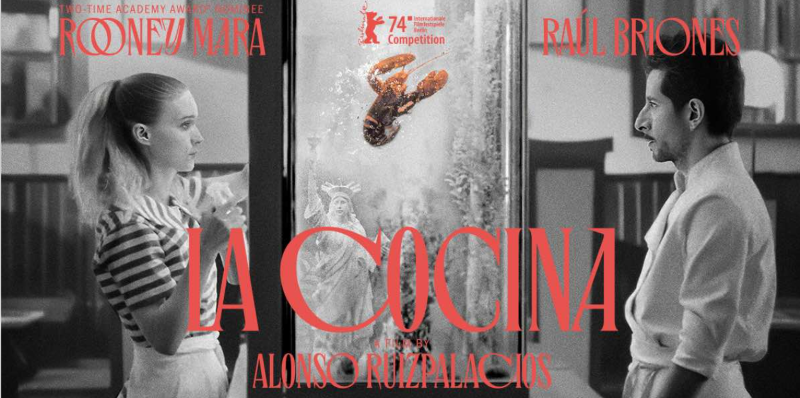
We Shall Not Be Moved (No nos moverán)
“A mature lawyer lives with an obsession to identify the soldiers who killed her brother in 1968 during the Tlatelolco massacre. After decades of waiting, she receives the missing clue to find the culprit, leading her to conjure an absurd revenge plan that puts her assets, family, and even her own life at risk. This Mexican debut film by director Pierre Saint Martin is shot with hypnotic black-and-white cinematography. While it may sound like a thriller, We Shall Not Be Moved is a fable offering a unique take on historical trauma and personal healing. Mexican actress Luisa Huertas, in one of the best roles of her career, adds humanity and sensitivity to her character, paying homage to all families trapped in mourning for the death of a relative during armed conflict.”
Rated PG-13
Please join Dr. Andrew Kettler on Sept. 30th from 12:30- 1:30 in the Community Room for a discussion of the film. You can also join online by navigating to:
Andrew Kettler Discussion Section | Meeting-Join | Microsoft Teams
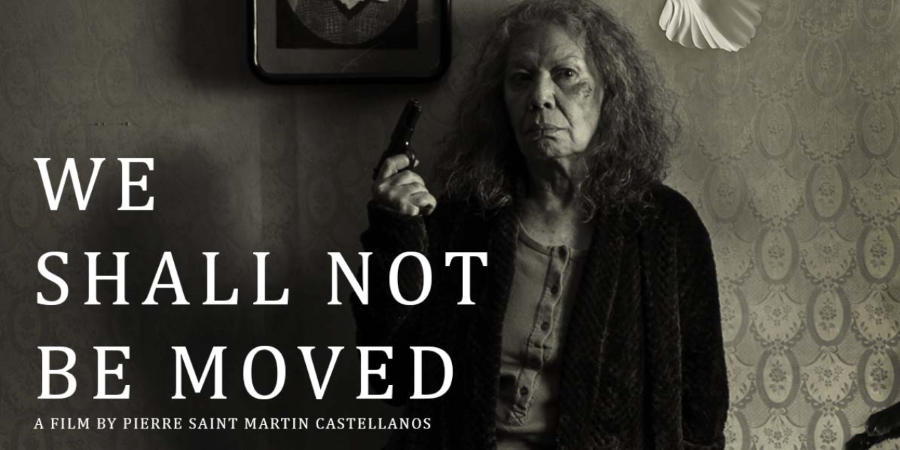
Bacurau
“A few years from now… Bacurau, a small village in the Brazilian sertão, mourns the loss of its matriarch, Carmelita, who lived to be 94. Days later, its inhabitants (among them Sônia Braga) notice that their village has literally vanished from online maps and a UFO-shaped drone is seen flying overhead. There are forces that want to expel them from their homes, and soon, in a genre-bending twist, a band of armed mercenaries led by Udo Kier arrive in town picking off the inhabitants one by one. A fierce confrontation takes place when the townspeople turn the tables on the villainous outsiders, banding together by any means necessary to protect and maintain their remote community. The mercenaries just may have met their match in the fed-up, resourceful denizens of little Bacurau.”
Rated R for Violence, Nudity, and Strong Language. Viewer Discretion is Advised
Please join Dr. Tekla Ali Johnson on Oct. 14th from 12:00-1:00 in the Community Room for a discussion on the film. You can also join online by navigating to:
Bacurau Film Talk | Meeting-Join | Microsoft Teams
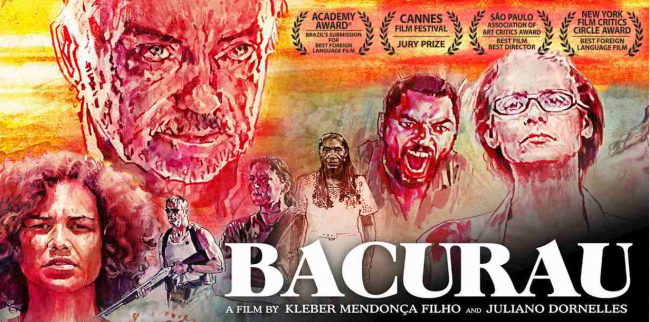
Rojo
“What was the Argentinian mindset immediately preceding Jorge Videla’s right-wing military coup? Director Benjamín Naishtat’s darkly funny, highly stylish film immerses itself in Argentina’s collective subconscious in 1975, resulting in an x-ray image of madness and moral decline. Set in an Argentinian provincial town, an unknown man and a crime unsettle the quiet life of a successful lawyer. It’s not that the lawyer committed the crime; rather, his looking the other way and doing nothing led to people dying. Filmed in the style of 1970s crime dramas, Rojo can be seen as an absurd thriller and as a bitter analysis of the national indifference that led to Argentina suffering four consecutive military coups in 1976. As in Rojo, countless people disappeared in the desert, never to be seen again.”
Please join Dr. Jenny Triplett on Oct. 16th from 12:15-1:00 in the Community Room for a discussion on the film. You can also join online by navigating to:
Rojo Film Discussion | Meeting-Join | Microsoft Teams

Natural Phenomena (Fenómenos naturales)
“In late-1980s Cuba, local nurse Vilma is a crack shot eager to enter the national skeet shooting competition. The prize money would help her fulfill her dream of a bigger, more comfortable home where she could care for her injured husband and raise their soon-to-arrive child. Unfortunately for her, pregnant women are barred from competing, dashing her hopes — until a freak tornado whisks her over the rainbow to Niña Bonita, the isle hosting the tournament. Donning a blue dress and red slippers, Vilma sets out to prove her mettle in a strange land. Natural Phenomenon captivates with its depiction of a strong, determined woman facing personal and social challenges as she seeks emancipation in a limiting context. A darkly comedic portrait of Cuban society, the film is a flourishing take on social cinema, a striking and moving narrative that addresses themes of freedom. Exploring the rarely discussed topic of the exile of entire populations due to land exploitation, the film intertwines the protagonist’s struggle with broader social transformations in Cuba.”
PG-13
